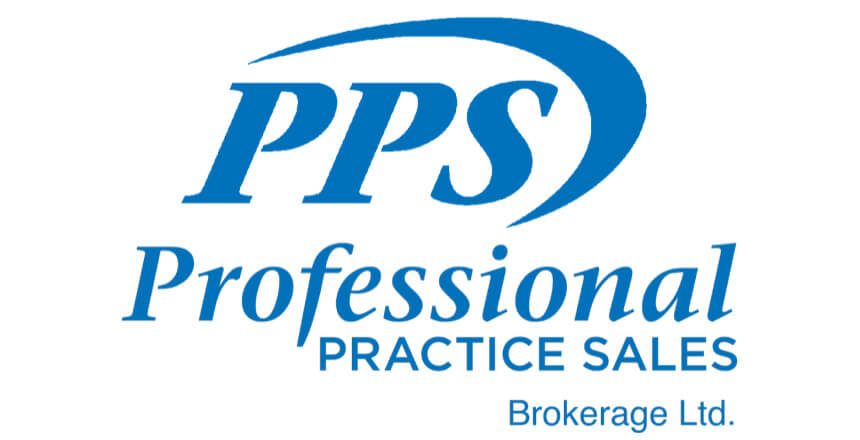
Over the last few months many of our clients have pondered the idea of whether they should sell their dental practice in stages or all at once. There are many factors to consider when making this decision and every situation is different. However, there are some common issues that will apply and that is what I will focus on in this article.
Prior to deciding if you should sell your practice in stages, the first question to answer is; are you really ready to sell? There are many motivating factors to this decision such as financial, health, time and stress but no one but you can really tell you whether you are ready to sell or not. When you are ready, you will know.
If you have decided the time is right, then the next question is, should I sell it all or in stages? If your intention is to retire upon completion of the sale then the answer is obvious – you sell it all. If on the other hand, you would like to continue to practice for more than two years then you must decide if you want to retain an ownership interest or become in associate for the buyer. In order to stay, there must be enough work for both you and the buyer. The buyer will want to fill up his or her schedule first, which requires approximately 1,300 active patients. If there are enough patients for both of you to be busy, then it is possible to stay.
If you stay and decide to maintain some ownership, you will be required to become partners with the person who buys part of your practice. I’m sure you know of many very successful partnerships in dentistry. Most of these are with partners that are similar in age and philosophy. These partnerships were formed to facilitate the long term goals of both parties. Unfortunately, even these fail.
How much will you sell? If it is any less than 50 per cent, you effectively just have an associate who has some equity. You still have control and all the responsibility that goes along with it. It is really not a major change. Most buyers who will consider a partial purchase will not want to buy less than 50 per cent as they will want control over the future direction of the practice.
For illustrative purposes, let’s assume you sell 51 per cent. The deal closes, and two months later the buyer (your new partner) announces that he/she is upgrading your old computer system and adding digital radiography to the office. The total cost for these changes is $130,000 and you are on the hook for your 49 per cent. Are you going to be happy about that? Is that where you wanted $63,700 of your retirement nest egg to go? A few months later the buyer decides that your receptionist of 25 years just can’t keep up with this new technology and besides she is still booking all the best patients with you and only giving him/her the tough patients to deal with. He/she is going to let her go and you are going to pay 49 per cent of her substantial severance package. Besides the emotional strain that this change will cause you, it will also be very expensive. These are just a couple of examples of what might happen if you sell your practice in stages.
The next challenge will come when you are ready to sell the balance of the practice. Let’s assume your practice was worth $1,000,000 and therefore you sold the first 51 percent for $510,000. It is now four years later and besides the computers, digital x-rays and new receptionist, the buyer has added an associate who has taken extensive orthodontic and endodontic courses to work Fridays and Saturdays. The revenue of the practice has doubled and the bottom line has even more than doubled. You are looking forward to receiving your 49 per cent of a practice that will be worth at least twice as much as it was four years ago. You should be getting close to $1,000,000! The buyer gets a lawyer to draft the offer to buy you out of the partnership and offers you $490,000. You are dismayed but he/she says the growth in the value of the practice is all due to his/her efforts and he/she has no intention of paying you for “my goodwill”. You are not in a good bargaining position. You have cut back your hours, do not want to buy him/her out, and don’t have the energy or resources for a long drawn out battle.
In the end you would have been better to sell it all at the beginning, take the $1,000,000 and invest it wisely, while letting the new owner come in and make whatever changes he wants as you are an associate, earning 45 percent and immensely enjoying the last few years of practice.

